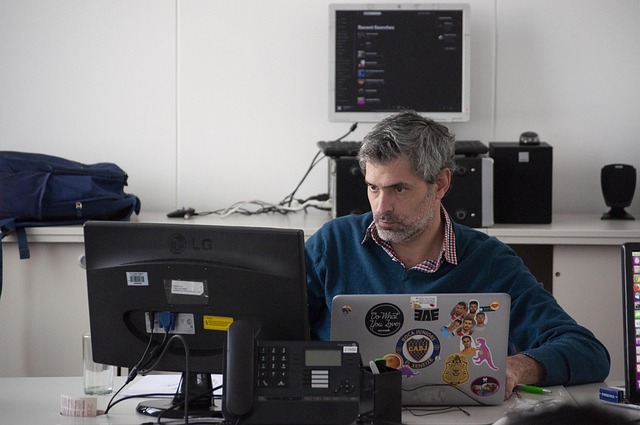Mastering Facilitation: Enhancing Online Education and Knowledge Building on Platforms
In an era where digital learning is becoming the norm, the role of facilitation in online education cannot be overstated. It involves not just managing a group of learners, but crafting a rich environment where knowledge can blossom and be shared. As educators and learners navigate these virtual landscapes, the art of facilitation requires intentionality, creativity, and empathy, key ingredients for cultivating a thriving online learning community.
The Essence of Facilitation in Online Education
Facilitation is essentially about creating connections. In an online setting, where the physical classroom’s familiar warmth is often absent, building relationships becomes paramount. As facilitators, educators must strive to create inclusive spaces where every voice is heard, acknowledged, and celebrated. This can be achieved through icebreakers that encourage participation, discussion prompts that spark curiosity, and collaborative projects that build rapport among learners.
Engaging Learners through Effective Strategies
To master the art of facilitation, one must employ a variety of engaging strategies tailored to the online platform. Techniques like breakout rooms can simulate small group discussions, fostering deeper connections among peers. Utilizing polls and Q&A sessions can actively engage participants and provide immediate feedback. Incorporating multimedia resources, from videos to interactive quizzes, enhances understanding and keeps learners motivated, transforming passive consumption into active participation.
Fostering Knowledge Building
Perhaps the most exhilarating aspect of effective facilitation is its power to enhance knowledge building. When students feel safe and encouraged to share their ideas, the collective intelligence of the group can lead to remarkable insights. Facilitators should prioritize encouraging critical thinking and open dialogue where learners can challenge assumptions and explore new perspectives. Creating a culture of questioning, where curiosity is embraced, propels the learning experience forward, making it dynamic and enriching.
The Role of Technology in Facilitation
Technology plays a vital role in enhancing facilitation within online education. Platforms designed for e-learning often provide a myriad of tools that facilitators can use to the advantage of their learners. Features such as discussion boards, content libraries, and real-time feedback systems empower educators to facilitate discussions that resonate and inform. Moreover, the ability to track participation and engagement metrics allows facilitators to adapt their approach, ensuring that each learner’s needs are met.
Creating a Lasting Impact
Ultimately, mastering facilitation in online education is about more than just delivering content; it’s about leaving a lasting impact. When facilitators embrace their role as guides and mentors, they inspire learners to take ownership of their education. This empowerment leads to a deeper, more meaningful engagement with the subject matter and the platform itself.
As the digital landscape of education continues to evolve, honing facilitation skills will be crucial for creating enriching online experiences that promote both individual and collective growth. It’s time to embrace the transformative power of facilitation and its profound ability to shape the future of learning on platforms.



